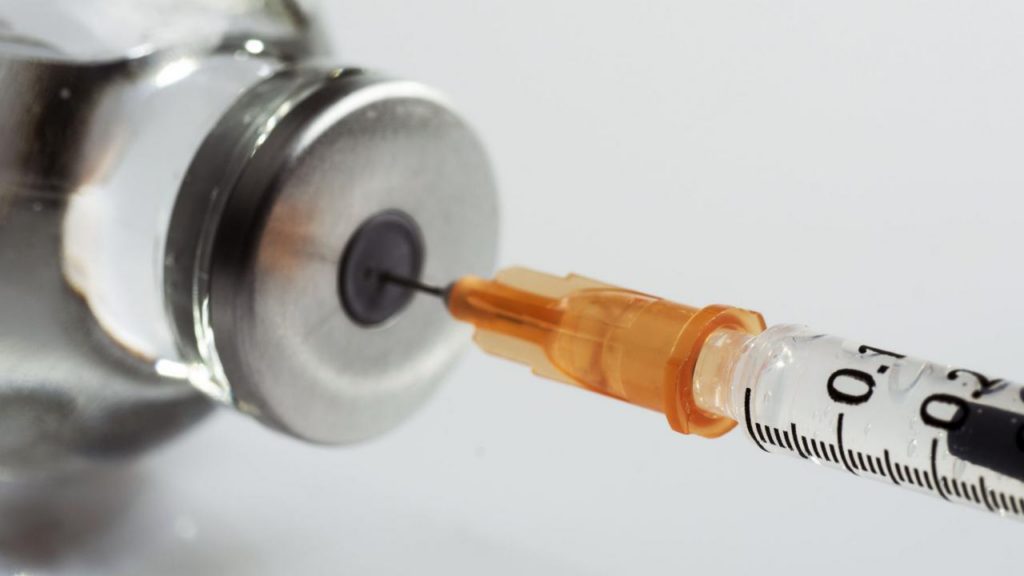Long-lived plasma cell production
High-affinity antibodies that provide durable protective immunity are produced by long-lived bone marrow plasma cells that differentiate from germinal center (GC) B cells. However, the kinetics with which these plasma cells occupy survival niches in the bone marrow after immunization is poorly understood. Robinson et al. constructed a genetic timestamping mouse model to mark plasma cells generated at specific stages of an immune response which enabled researchers to track the fate of plasma cells over time. Formation of new long-lived plasma cells started early in the GC response after immunization and progressed at a linear rate. These findings suggest that vaccine formulations that can extend the duration of the GC response will boost the number of long-lived antigen-specific plasma cells generated after immunization.
Abstract
Vaccines work largely by generating long-lived plasma cells (LLPCs), but knowledge of how such cells are recruited is sparse. Although it is clear that LLPCs preferentially originate in germinal centers (GCs) and relocate to survival niches in bone marrow where they can persist for decades, the issues of the timing of LLPC recruitment and the basis of their retention remain uncertain. Here, using a genetic timestamping system in mice, we show that persistent PCs accrue in bone marrow at an approximately constant rate of one cell per hour over a period spanning several weeks after a single immunization with a model antigen. Affinity-based selection was evident in persisting PCs, reflecting a relative and dynamic rather than absolute affinity threshold as evidenced by the changing pattern of VH gene somatic mutations conveying increased affinity for antigen. We conclude that the life span of persistent, antigen-specific PCs is in part intrinsic, preprogrammed, and varied and that their final number is related to the duration of the response in a predictable way. This implies that modulating vaccines to extend the duration of the GC reaction will enhance antibody-mediated protective immunity.







